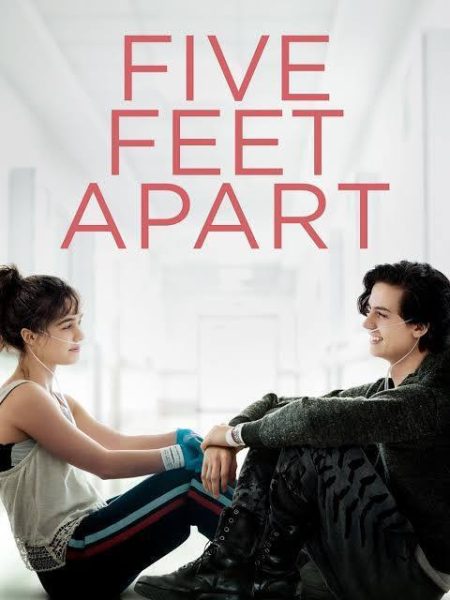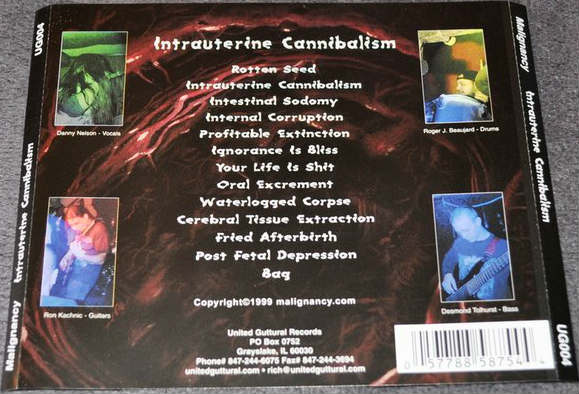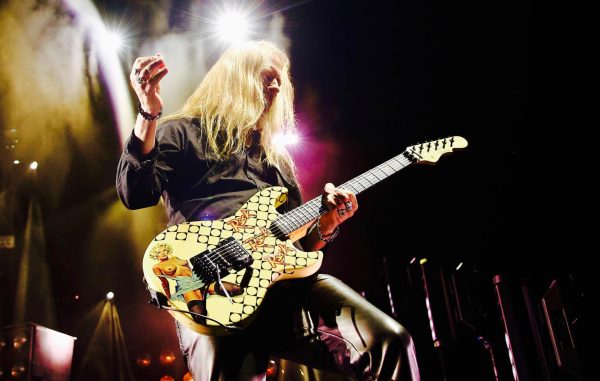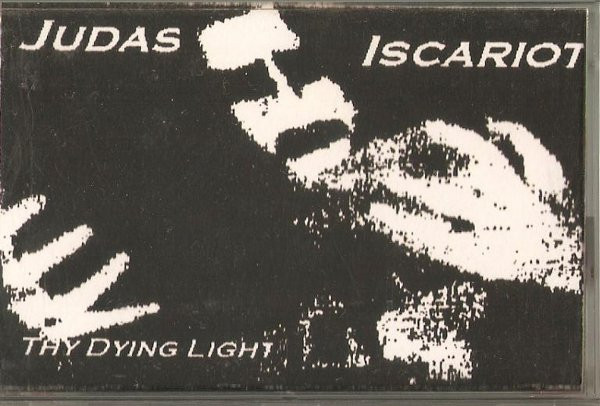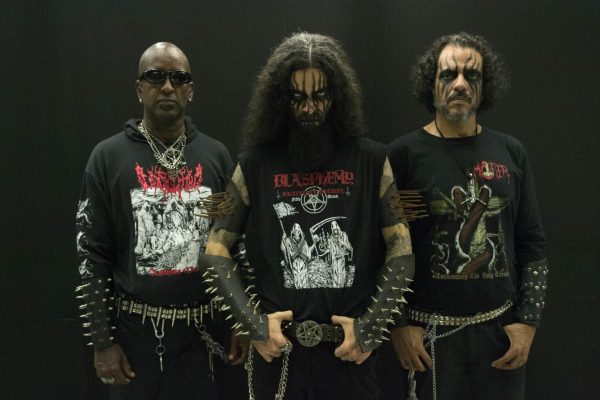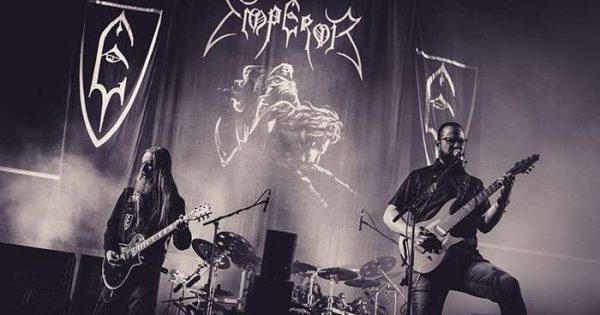Social revolutions and the impact of art
How creativity has influenced the actions of activists
Music is powerful.
We’re constantly surrounded by sounds and soundscapes, whether we realize it or not. Every commercial has a song, every brand has a catchy melody, every show has a theme.
These facts give music power and give music the strength to influence a person actions and that influence can often spark something inside of listeners. This spark makes music the perfect platform for social reform.
One artist who created music based upon this idea was the songwriter Bob Dylan
Arriving initially as an artist rooted in the folk revival of the 1960s, Dylan wrote some of the most influential music of the era. As an artist, Dylan is often associated with writers Jack Kerouac and Allen Ginsberg.
These men lived in an era of extreme prejudice and inequality, and wrote from a very progressive point of view. Each of them rejected the standards of society, shunned materialism and initiated a counterculture that would survive for years to come. These ideas were represented in a movement dubbed “The Beat Generation”
These writers and musicians shook the world with their unique take on spirituality and realism. They accepted new ideas and denied the credibility of old traditions. These notions created an entire subculture, and went on to influence the “hippie” movement of the 70s. Dylan’s success stood side by side with the growing popularity of the Beats and sparked a generation of kids who believed they could change the world and live for themselves. This belief strived for years and is still very prominent in today’s culture.
The Beat Generation’s ideas survived well into the Vietnam War era and many of the writers supported the anti-war cause. This idea of anti-war support sparks one of the most influential and revolutionary tracks ever written.
In 1968, the Beatles released their infamous single “Revolution”. This B-side to “Hey Jude” was inspired by the radical protests against the Vietnam War occurring all across the United States.
The song itself is filled with fuzzed out guitars and shouted vocals, and is seemingly the perfect song to kickstart a crowd, but the response wasn’t exactly clean cut.
Many of the anti-war and anti-establishment protesters disagreed with John Lennon’s reserved tone and message on the track, saying that it was a betrayal to their cause. On the other side of the argument, many of the war’s supporters also believed Lennon’s verses were contrived and ultimately meaningless.
This was Lennon’s first attempt at writing something politically charged, and it obviously backfired, but this didn’t stop him. In the height of the Vietnam War, Lennon went on to use his fame as a springboard for his anti-war ideals.
In 1969, Lennon and his wife, Yoko Ono, used their honeymoon as an anti-war paparazzi trap. Lennon and Ono planned to stay in their hotel and give speeches to reporters about their political ideas for days on end, but used the facade of their honeymoon to pull in paparazzi. This proved to be their most successful attempt at influencing politics, and actually sparked the writing of “Give Peace A Chance,” which became a crucial part of marches and protests that supported peace.
On the more abrasive side of music, the 1970s-80s punk scene was jam packed with aggression and the label had a tendency to be a meaningless excuse to make the most intense music possible, but the genre was actually extremely politically driven and created some of the most crucial political songs of all time.
Early hardcore bands of the 1980s united under their disagreement with Ronald Reagan’s ideas and campaign as a president. This gave the genre a very strong sense of anarchism and anti-establishment ideals, which became a staple of early hardcore punk music. Along with being very opinionated on politics, the hardcore punk scene also had an influence on many lifestyles.
In 1981, D.C. hardcore punk band Minor Threat released “Straight Edge” on their self-titled EP. This song created the “straight edge” drug-free movement, often associated with veganism and sexual awareness, and is actually where the term “straight edge” originates from. This song went on to become an anthem among drug-free punk fans before becoming the widely used term we know today.
The influence of these bands and songs are still felt today, and although these social revolutions seem like a thing of the past, we are actually still experiencing an important movement right now — a movement towards marriage equality and the acceptance of homosexuality.
“Even today, with Same Love by Macklemore” radio teacher Jon Easter said “We have songs that are promoting social change and revolutionary ideas still today”
Released in 2012, Macklemore and Ryan Lewis wrote a song that shook mainstream rap as a whole. In a genre filled with sexism and homophobia, we’re given an anthem that is based on equality. We’re given a song that supports homosexuality in a time of oppression and unacceptance.
These ideas and this expression in rap did not begin with Macklemore, though.
“I would say Nas sparked a revolution in hip hop” senior Kiara Ingram said “His songs were all about lessons, especially Illmatic”.
Nas arrived in the early days of hip-hop, and influenced a shift to more personal lyrics. Illmatic, his debut album, is a personal insight to the life of an inner-city kid. It touched on gang violence, urban poverty, and racism. It influenced hip-hop, and set the tone for the next decade.
This influence is one of the main reasons why rap is such an important genre, artists like Nas and Tupac showed an honestly portrayal of their lives.
This opened the eyes of many, and gave a lot of people songs to that they can relate to, and anthems that they could sing along with.
If we’re presented with these anthems, we have the power to change lives.
Music is more than just catchy hooks and interesting instruments, it can convey a message. Music has the power to influence society, and that power is in the hands of anyone. Anyone can write a song, and change the ideas of our society, so make the change a good one.





